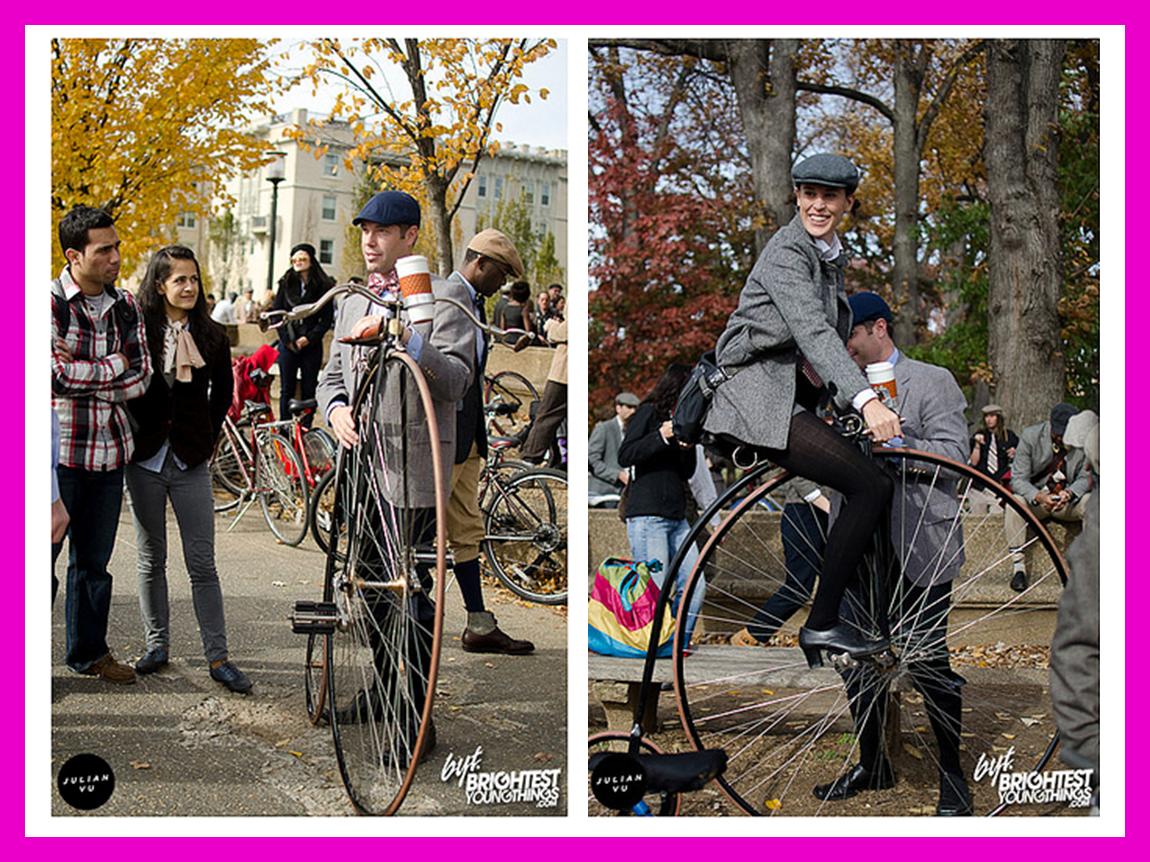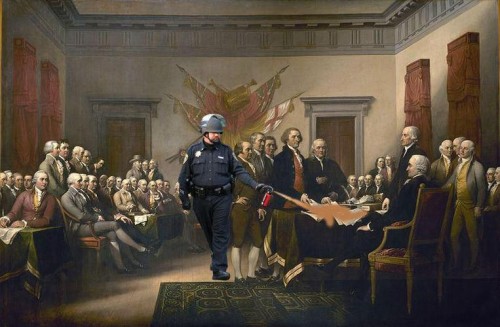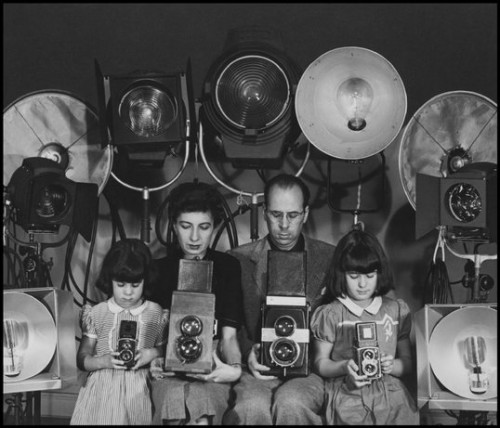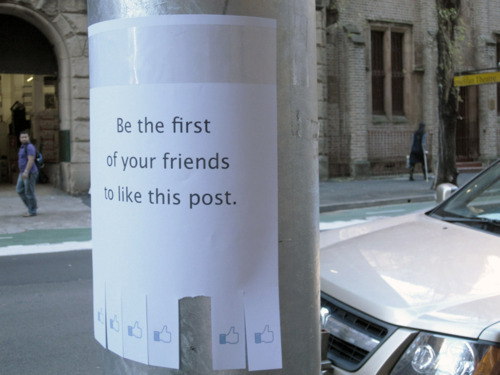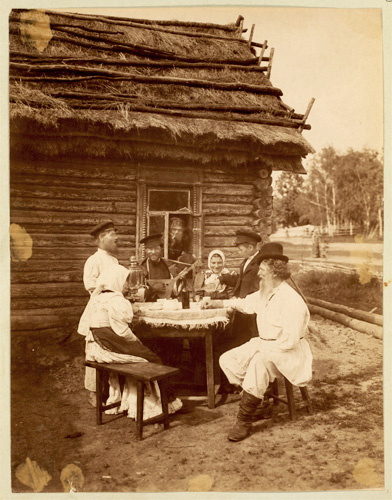
Editor’s Note: This pieces is a modified repost from Peasant Muse.
Author’s Note: In the original post I used the term ‘analog dualism’, which has been replaced in the version below with ‘textual dualism’. The sentiment and argument remain the same, as the shift from ‘analog’ to ‘textual’ more precisely describes the phenomena I am trying to uncover.
It is often the case with new technology that the promise of change it brings often outstrips its capacity to actually enact that change. This is certainly true with several digital constructs that emerged over the past decade, like Wikipedia or the Open-Source movement, that are increasingly becoming obsessed with the promise and potential ‘social’ can bring to the issue of user equality. Free from the constraints once imposed by more traditional analog methods, digital means of knowledge production and creation offer the promise of true independence and interdependence- yet often these new methods fall prey to (con)structural weaknesses that do little more than perpetuate the previous modes of inequality found in their analog ancestors, albeit in digital terms and conceptions that mask the true nature of their operation in the combined realms of both online and offline activity.
The argument presented above largely comes from a very cogent essay written by Nathan Jurgenson on the blog, Cyborgology. Titled ‘Digital Dualism and the Fallacy of Web Objectivity‘, Jurgenson argues for abandonment of what he terms a ‘digital dualist’ perspective in favor a conception he calls ‘augmented reality’, defined in the quoted sections below more...

